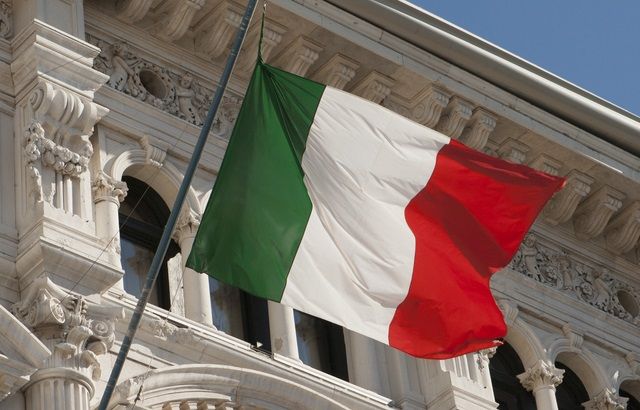Italy’s new pro-European coalition government will focus on a sustainability agenda centred on green and socially inclusive polices, according to asset manager Amundi.
On September 4, prime minister Giuseppe Conte formed a new Italian coalition government which saw the Five Star Movement break from its alignment with Eurosceptic party The League and form a new coalition with the Democratic Party.
In a report analysing the impact of the coalition on Italy’s financial markets, Kasper Elmgreen, head of equities at Amundi, said the government looks willing to diverge from the policies of the previous administration and push forward a number of ESG policies.
“In particular, we think it would be reasonable to expect continuity, extensions or enhancements of policies to attract and retain human capital, and social inclusion policies.
“These may require a redesign and rationalisation of the tools introduced so far, for example social inclusion policies, inclusion income, citizenship income. These, appropriately reshaped, could address the increased inequality and marginalisation of large parts of the population,” Elmgreen said.
Fiscal policy shift
According to Amundi, the new coalition is aiming to implement expansionary fiscal policies that don’t put public finances at risk.
The fiscal effort includes promoting investment in education, infrastructure, green energy, as well launching a ‘Green New Deal’, which will promote ESG behaviour at all levels of society, from consumers to businesses, the Amundi report suggests.
The full programme is unlikely to be deployed all at once, Elmgreen added, especially if the key measures of the previous government, which included citizenship income and early retirement policies, are to be financed for 2020 too.
“The government has not provided any estimates of costs regarding these measures or of the economic impact and timing of implementation.
“It is reasonable to assume that the next budget law will introduce measures to avoid the VAT hike, coupled with a spending review that could allow for some reduction in labour costs and some investment spending to justify the request to the EU institutions for higher flexibility,” Elmgreen said.
Moving ahead, Amundi also expects to see more interest in Italian equities from ESG investors.
“The large caps are better structured and started some years ago to provide transparency on ESG,” Elmgreen says.
“Regarding the small and medium cap segment, the situation is different. The companies have to understand the importance of ESG, and they have to work on the communication and on the transparency of their internal ESG dynamics.
“Small and mid-cap companies are becoming more open to discussing and to linking ESG targets to their economic targets. On governance, the speed-up is more concrete. Over the last few years, there has been a consistent increase in the number of independent members of boards of directors.”







